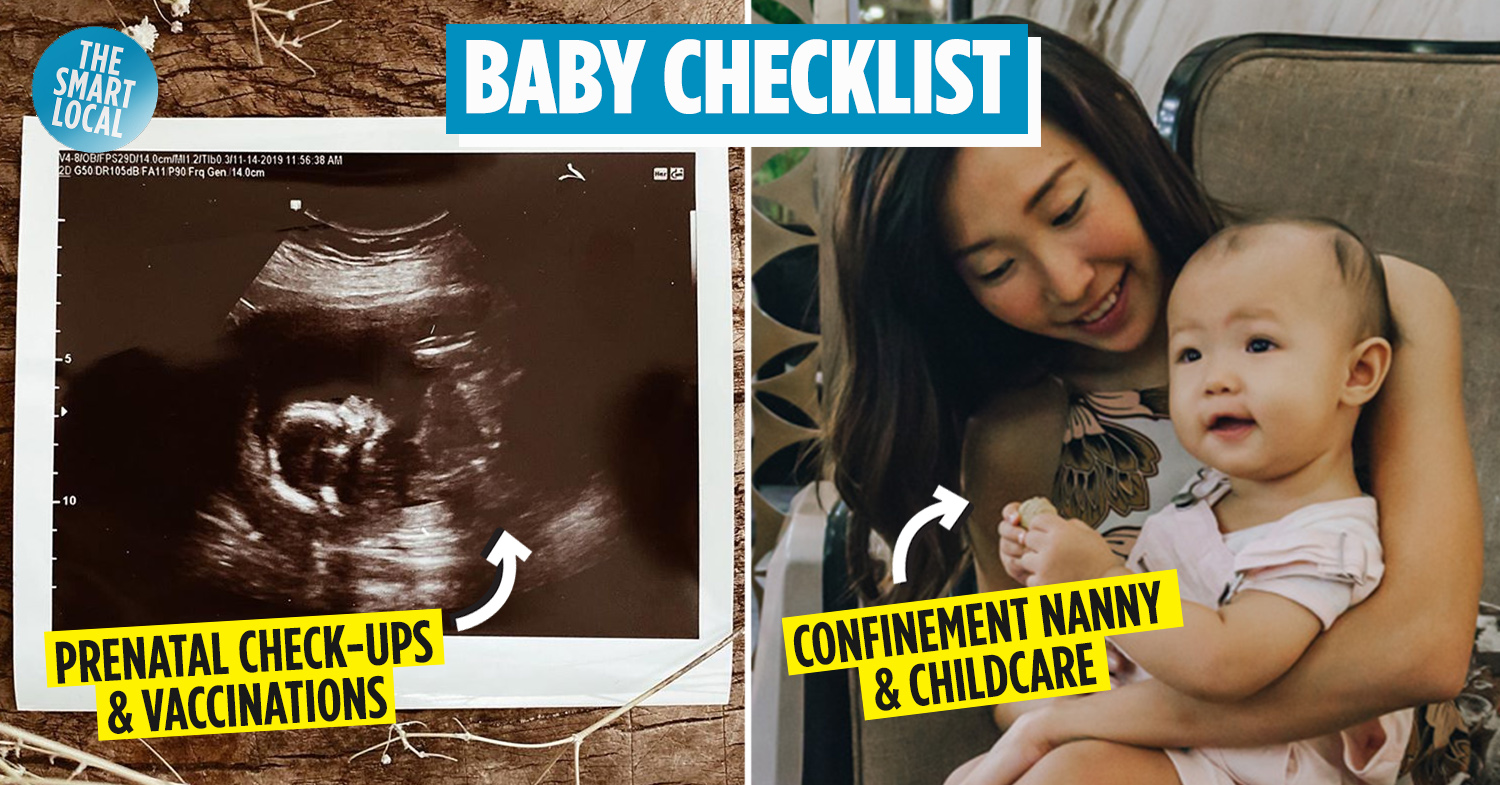Having a baby in Singapore
Every couple goes through a few phases in their lifetime together. Date extensively, get married, buy a home, have a child and get that Baby Bonus, and grow wrinkly together. Sometimes, the order gets a little jumbled, but ultimately, these life milestones are pretty much set in stone.
Now, you and your forever +1 have decided it’s finally time to welcome a new member of the family but are lowkey overwhelmed about the changes that are to come. There’s hope still – this guide for first-time parents will cover everything from pregnancy to subsidies to help you forecast finances and ready yourself for any hurdles that might come your way.
Pregnancy
1. Choosing an obstetrician and hospital if you don’t already have one
If you don’t already have an Obstetrician-Gynaecologist (ob-gyn) that you see on the regular, one way to seek a reliable one out is through word of mouth. Do also filter your search based on your preferred hospital. Private ob-gyns tend to have a hospital in which he/she practices, and it might not be the one that you’ve shortlisted for yourself.
Tip: Take advantage of the free hospital maternity tours – these will help you along the decision-making process by giving you a little sneak peek of what you can expect when your due date rolls around.
2. Prenatal check-ups
Depending on the route – private or public hospital – you choose to take, each prenatal check-up with your obstetrician can set you back anywhere between $29.40 (government subsidised) to $500 per visit. You’ll usually be slotted in for 1 prenatal check-up/month in your first and second trimester and 1 every 2 weeks in your final trimester as your due date nears.
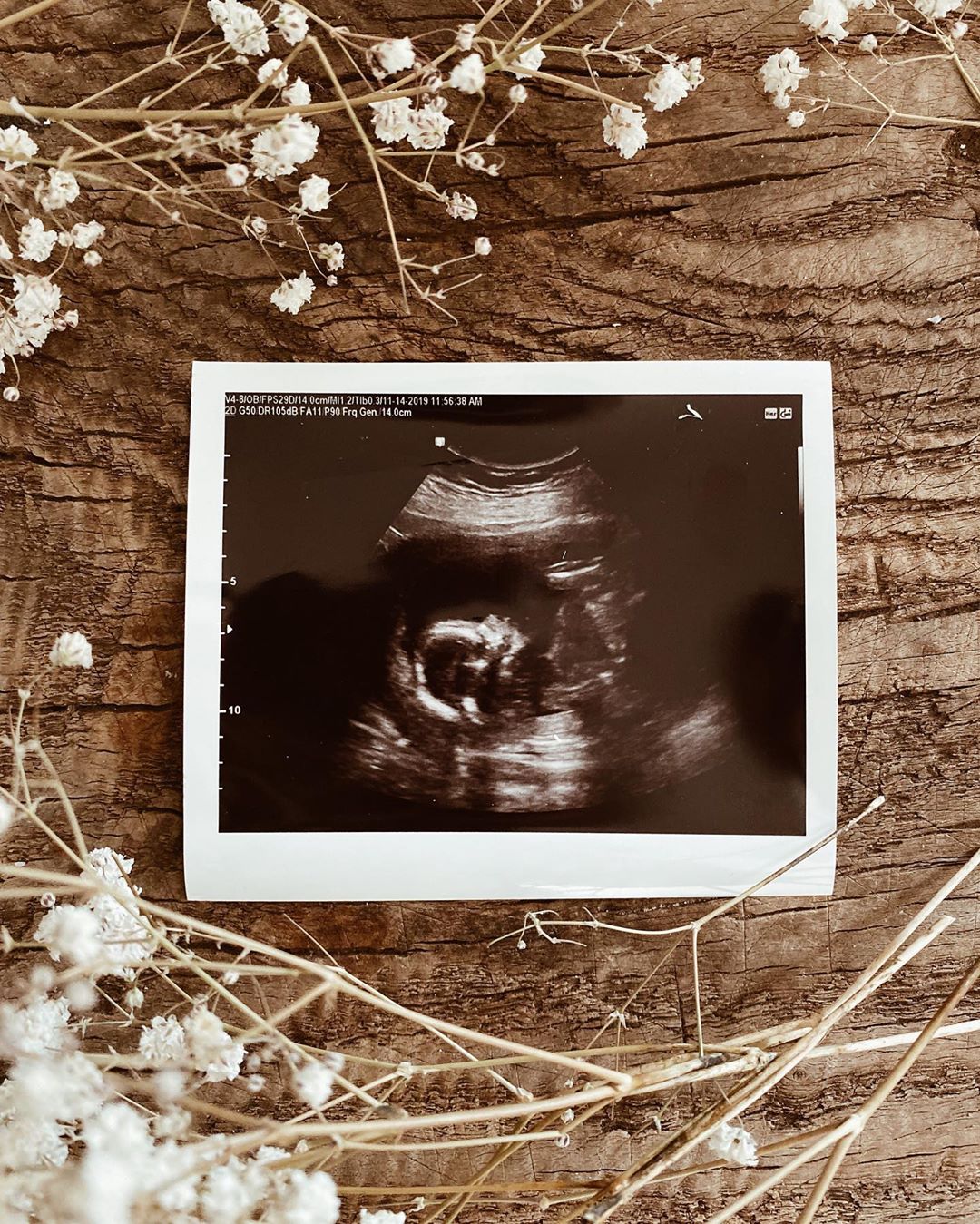
Image credit: @onwardshestumbles
There are prenatal packages offered by hospitals and specialist clinics that let you pay a set amount for all prenatal consultations and ultrasounds. These will also give you an idea of the total amount you’d have to pay.
3. Normal delivery vs. C-section
Most women enter the pregnancy game with a predetermined notion of the kind of delivery they want for themselves – normal delivery or C-section. In most cases, a C-section is only recommended if you’re suffering from existing health conditions such as high blood pressure that might complicate things during the actual birth process. That, and if your baby is in a breech position.
If you’re gunning for an elective C-section to avoid the trauma of squeezing a tiny human out of your most precious parts, then here’s what you need to know.
C-sections are up to 2 times more expensive than regular deliveries, and often leave you with more “downtime” as you’re dealing with the aftermath of major surgery. On top of that, your chances of having a normal birth after C-section are also a lot lower, and you might be setting yourself up for a string of C-sections for your future children.
Some doctors even say that the most number of C-sections a woman can have in her life is 3. MOH has an online resource where you’ll be able to find out the estimated costs for a C-section in Singapore, across all private and public hospitals.
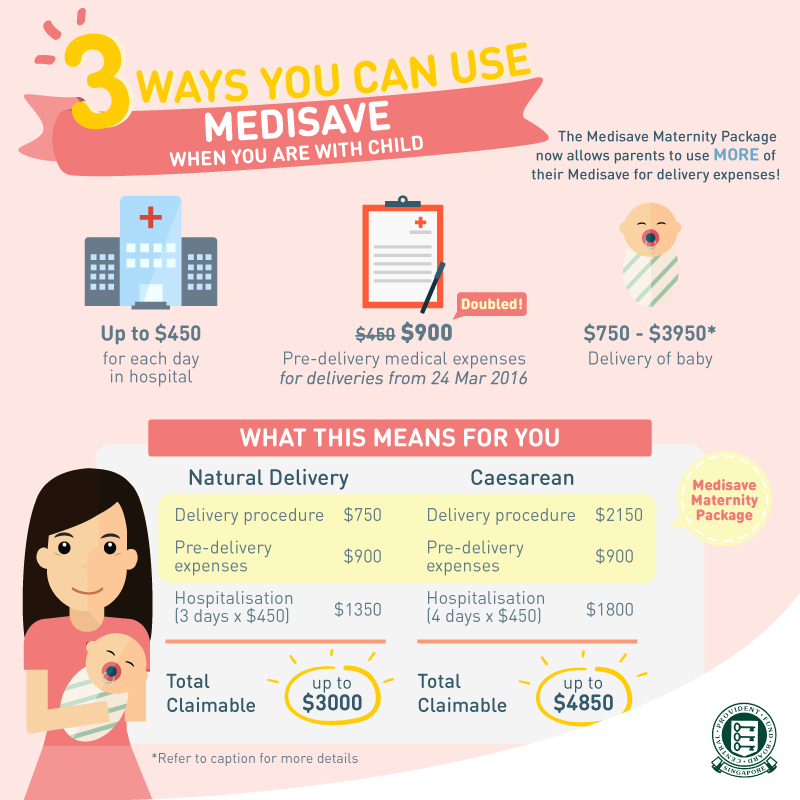
Image adapted from: Central Provident Fund Board
Good news: You’ll be able to use the MediSave Maternity Package to help you trim your expenses.
I saved money on my pregnancy and labour by taking the government subsidised route. This meant that I only had to pay 50% of the total cost of every one of my prenatal visits and even got a $900 reimbursement from the MediSave Maternity Package to offset all my prenatal costs. Check out our full list of tips for soon-to-be parents in Singapore.
4. Insurance
As much as we pray for a smooth pregnancy, sometimes, life puts a spanner in the works, and we find ourselves in tricky situations. Investing in a maternity insurance plan will protect the funds you’ve squirrelled away for your little one’s future in the event of an unfortunate pregnancy and birth complications or congenital illness.
If you’re confident you’ll have a generally smooth pregnancy and childbirth, you can opt not to have one, but it does come highly recommended if you’re a little older or prone to other health issues.
Expect to fork out a one-time fee between $300-$800 for an insurance package!
Post-birth
5. Confinement nanny
Engaging a confinement nanny is something that you’ll need to consider when you’re waddling into your second trimester because securing yourself one is a matter of luck and timing.
Not only do you have to factor in the “peak periods” that Singaporean couples choose to have children, but you’ll also need to know if your confinement period coincides with a festive occasion like CNY. Why? The confinement nanny etiquette states that you’re expected to gift them a bonus ang pao.
Tip: Check out various motherhood forums and ask other mothers for their confinement nanny experiences. After all, when you’re trusting the life and wellbeing of your newborn to a stranger, you can never be too careful.
Alternatively, you can skip the whole “nanny” part and DIY your confinement. Read about my personal experience of breaking confinement rules for more insights.
6. Well visits and vaccinations
The Hep-B and BCG jabs your baby receives in the hospital will be the first of the many vaccinations that he/she will get in his/her first year of life.
Before you run off adding up all the potential costs that’d be incurring, just know that most vaccinations such as Measles, Mumps and Rubella are fully subsidised under the National Childhood Immunisation Schedule. All Singaporeans can also look forward to subsidised rates for all the scheduled shots at polyclinics and CHAS GP clinics island-wide.
And just as we find ourselves allergic to things as seemingly harmless as peanuts or dust, it’s crucial to monitor your baby post-vaccine to see if he/she develops any adverse reaction. A mild, fleeting fever is pretty much the norm, but anything out of the ordinary like sudden jerking movements could spell a seizure and will require immediate medical attention!
7. Infant care or childcare
With 4 whole months of maternity leave to savour, you might think you have all the time in the world to bond and adapt to life with your mini-me. What people don’t usually tell you is that you’ll be spending 90% of the time trying to figure out the Gordian knot that is caring for a newborn and counting down the days to the end of your M-leave in the other 10%.
And pass fast, this time will. For those without a strong existing support system in the form of able-bodied, retired parents or in-laws, you’ll likely face this fork in the road: hire the relevant help at home or make the brave call to put your baby in infant care.
Option 1 – hiring a helper – will set you back around $800-1,000 a month when you factor in things like day-to-day living expenses, levy and the allowance you’ll have to give your helper should they choose to work on their rest days.
The trade-off is that this extra set of helping hands will give you pockets of time to yourself on weekends or when you’re saddled with social appointments you can’t skip out on.
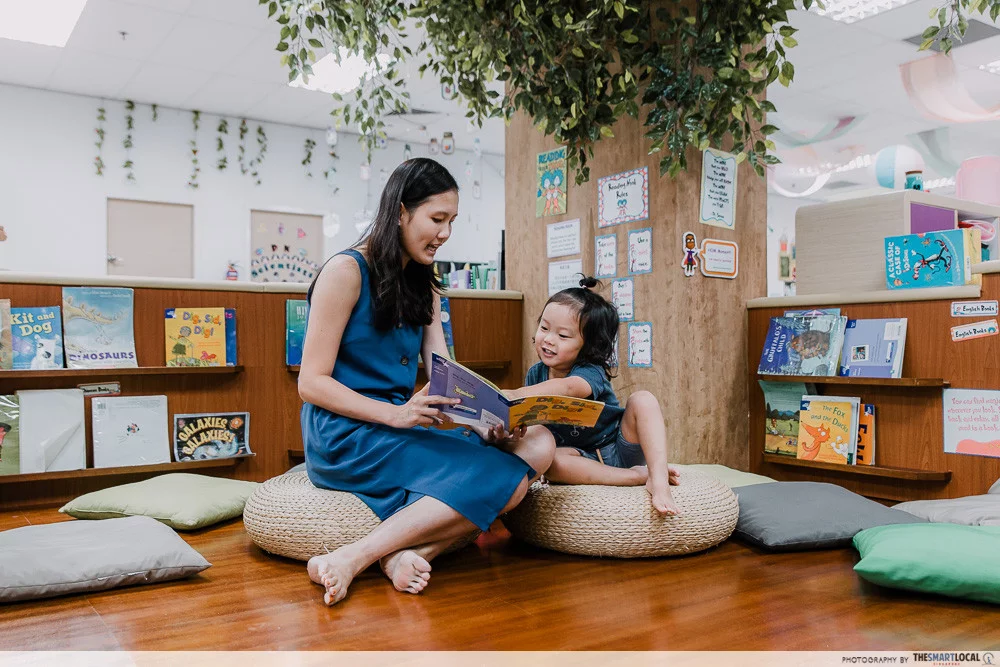
Option 2 – infant care – is likely to incur a minimum of $1,000 a month, with fees going all the way up to $1,900 depending on location, facilities and ratio of dedicated teachers to infants.
The choice might seem obvious for the cost-conscious, but let’s not forget those infant caregivers are specially trained, and your baby’s day at school will possibly be filled with enriching sensory activities that will aid their cognitive development.
On the bright side, children who hold a Singapore passport are eligible for a Basic Subsidy of $300 and $600 for full-day child and infant care services respectively. And to lend you an extra helping hand in the finance department, you’ll also get an Additional Subsidy of up to $540 to go towards school fees. Here’s a handy Infant & Child Care Subsidy Calculator for you to run through.
Schemes to help you save money along the way

Image credit: @thesmartlocalsg
You’ve probably read more than a couple of harrowing articles about the absurd amounts of money it takes to raise a child, but take it from an actual parent of a 21-month-old, there are a ton of government schemes in place to help you out with all that outgoing cash.
Baby Bonus – $8,000-$10,000 cash gift
Yes, under the Baby Bonus scheme, the government will reward you with a bunch of cash with no strings attached upon the delivery of your baby. Good things do happen in this world. You’ll receive $8,000 for your 1st and 2nd child, and a whopping $10,000 for your 3rd and 4th child. This cash gift will be released in 5 payouts.
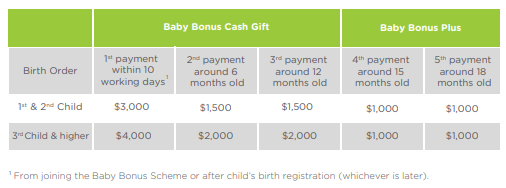
Image adapted from: MSF
Find out more and sign up for the Baby Bonus scheme.
Child Development Account – $3,000 initial deposit and dollar-for-dollar match
Remember your junior savings account? The Child Development Account (CDA) you’ll set up for your baby is essentially that. The only difference is, when you open a CDA, you’ll find $3,000 deposited inside, all courtesy of the government.
And the free cash doesn’t just end there. To help you build a sizeable “piggy bank” for your kiddo’s future, the government will also match whatever amount you deposit in there dollar for dollar capped at $3,000 for your first and $6,000 for your second child.
This dollar-for-dollar contribution increases when you have a 3rd and 4th child with a cap at $9,000, and goes even up to $15,000 for your 5th child. You don’t have to worry about chalking up savings immediately, as you’ll have all the time until your child blows out 12 candles on his or her birthday cake to fully maximise the CDA benefit!
You can then use the funds in the CDA to offset future expenses like childcare, medical check-ups, insurance and even optical purchases.
Now that you’re more or less up to speed with all there is to know about having a child in Singapore, you can execute your baby plan with a greater peace of mind knowing there’s financial help along the way.
Find out more about the Baby Bonus scheme and CDA here
Also check out:
- Family-friendly activities to do with kids in Singapore
- Kid-friendly restaurants in Singapore
- New things to do with kids in 2023
- Child-friendly Admiralty Park Playground
This post was brought to you by Gov.sg.
Cover image credit (L-R): @onwardshestumbles, Kimberly Wong
Originally published on 12th December 2019. Last updated by Renae Cheng on 16th June 2021.
